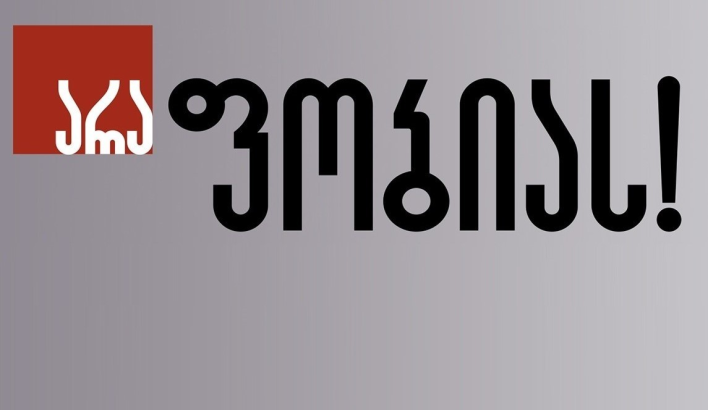
Civil Platform 'No to Phobia!', backed by the USAID program 'Unity Through Diversity' and in collaboration with the UN Association of Georgia, presented the mid-term report to the UN Universal Periodic Review (UPR) on March 22, 2024. The report addresses Georgia's implementation of the recommendations issued within the third cycle of the UPR.
The report spans from 2021 to 2024 and addresses 125 recommendations concerning the right to equality. According to the civil platform's assessment, 61 of these recommendations have been fulfilled partially, while 64 remain unfulfilled.
The document delves into the legal status of diverse groups, including discussions on the rights of people with disabilities, women, children, religious and ethnic minorities, migrants, LGBTQ individuals, activists, and human rights defenders. Additionally, the report examines issues such as discrimination based on political or other views, hate speech, the rights of journalists, and media freedom.
In relation to the rights of persons with disabilities, women, and children, it is important to highlight that, despite some positive developments, remain crucial challenges. Access to healthcare for persons with disabilities, especially sexual and reproductive services, remains problematic. Additionally, safeguarding children from violence and trafficking continues to be a challenge, compounded by the absence of preventive measures for addressing sexual harassment in schools. Furthermore, gender discrimination and the use of hate speech against women were also highlighted in the report.
The primary concern regarding religious minorities is the enduring presence of systemic issues, coupled with a complete lack of progress. Various initiatives, both legislative and practical, pose a risk of further diminishing the standards of freedom of religion and belief. This is exemplified by the evaluation chapter on recommendations pertaining to religious minorities, where none of the 15 discussed recommendations have been implemented. With regard to ethnic minorities, there has been some incremental improvement in the situation. Nevertheless, the measures taken thus far inadequately address practical challenges and needs, particularly in terms of the access to education and participating in political, civic, and cultural activities.
The report highlights the legal status of the LGBTQ community, activists, and human rights defenders. The main challenge remains the incitement of hate speech against them and the instances of limiting their freedom of expression and assembly. In addition, the Administrative Offences Code of Georgia, which is used as the main weapon in the process of arresting activists and human rights defenders, remains a significant problem.
Discrimination based on political or other views continues to pose a challenge, particularly with regards to the termination of employment during the pre-election period.
Actions of violent and pro-Russian groups raise concerns about hate speech, journalists' rights, and media freedom. These actions frequently result in violence, including vandalism and attacks on journalists. Additionally, the ongoing trend of Strategic Lawsuits Against Public Participation (SLAPP) litigation, combined with assaults on critical journalists and interference with media freedom through the introduction of new regulations, continues to pose significant challenges for journalists.
The issues faced by each of the aforementioned groups underscore serious challenges in the country concerning the protection of the right to equality. Members of the "No to Phobia!" platform are optimistic that the information and assessments provided will aid member states of the review in gaining a deeper understanding of the situation and in formulating additional recommendations.
The findings of the mid-term report of the Universal Periodic Review were deliberated upon during the 55th session of the Human Rights Council, held on March 25.
